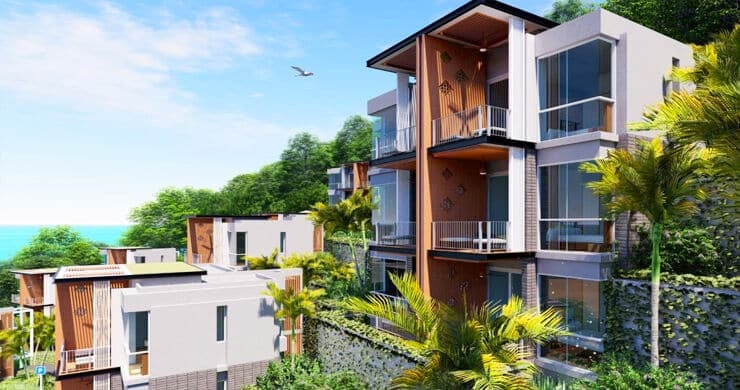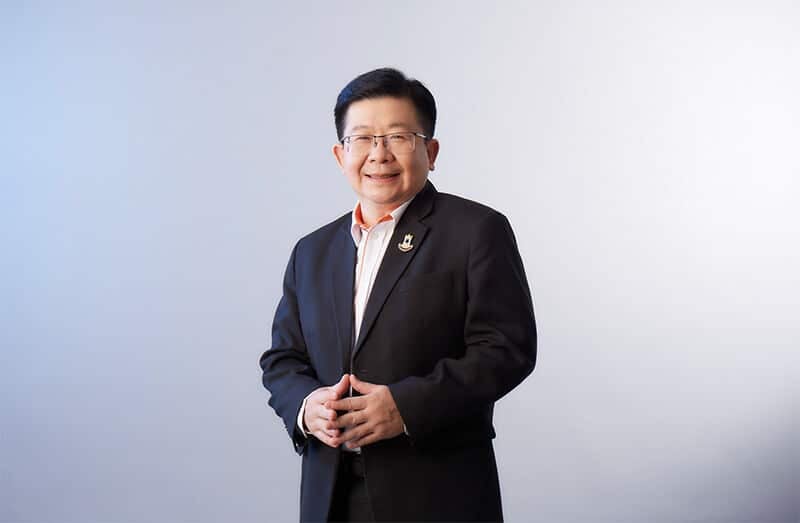Foreigners rush to buy Phuket villas on long-term leases

Thailand’s property market is witnessing a real estate revolution, as foreigners snap up houses on long-term leases instead of just condominiums. This trend, particularly in tourist hotspots like Phuket, Chon Buri, and Surat Thani, has been booming since Thailand reopened its borders in 2021.
According to Dr Wichai Wiratkaphan, an independent scholar in urban development and housing, the leasehold market for villas has seen explosive growth, especially in Phuket, where between 2022 and 2023, 90% of long-term lease contracts for single-family homes were signed by foreign buyers.
Statistics reveal that in 2022, the number of long-term leasehold agreements doubled from the previous year, while the total investment value tripled. Experts predict continued growth in 2024, with foreign investors seeing Thai villas as a lucrative investment due to affordable prices and steady appreciation.
The booming villa market is largely driven by wealthy foreign buyers looking for both luxury living and profitable investments. Villas in Phuket and other coastal cities are still considered affordable compared to global real estate markets, making them highly attractive to overseas investors.

Developers are quickly adapting to this trend. Pruksa Real Estate Co., Ltd. has introduced luxury houses under a 30-year leasehold model, targeting affluent Chinese investors in areas like Phatthanakan, close to airports and industrial zones. This strategy has already generated 500 million baht in revenue, with projections to double to 1 billion baht this year.
Meanwhile, Chan Issara Development Public Company Limited (CI) reports that interest in leasehold properties is particularly strong among Chinese and Burmese buyers. The Chinese are eyeing properties in Rama 9-Bangna, while Burmese buyers are drawn to Rama 9, where luxury houses fetch up to 100 million baht.
Despite the booming demand, challenges remain. The short lease terms and lack of long-term visa privileges for property buyers make Thailand less competitive compared to countries that offer residency incentives.

Additionally, geopolitical conflicts and financial restrictions have complicated money transfers for foreign investors, particularly affecting buyers from China, Russia, and Europe, reported Positioning Mag.
However, industry leaders remain optimistic, with developers continuing to expand leasehold property options to cater to the growing demand. With strong investor interest and increasing property values, Thailand’s leasehold market is set to flourish further in the coming years.
Latest Thailand News
Follow The Thaiger on Google News:


























